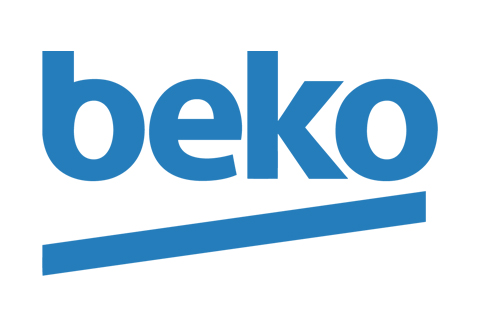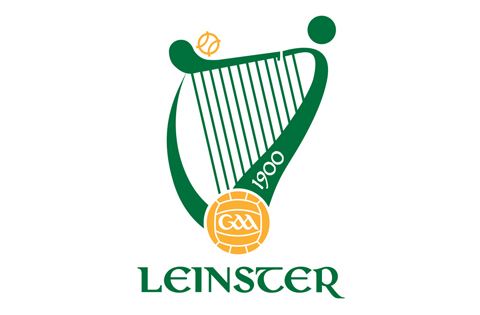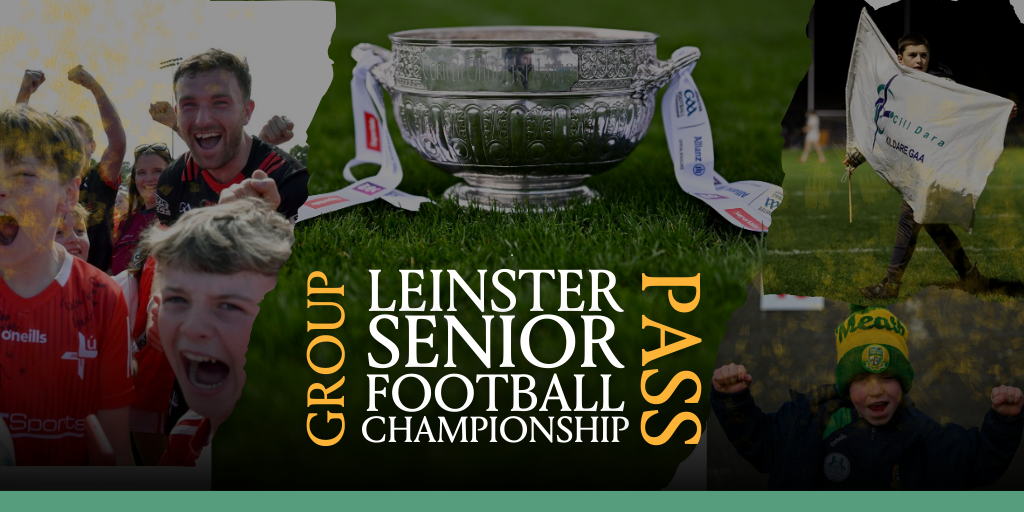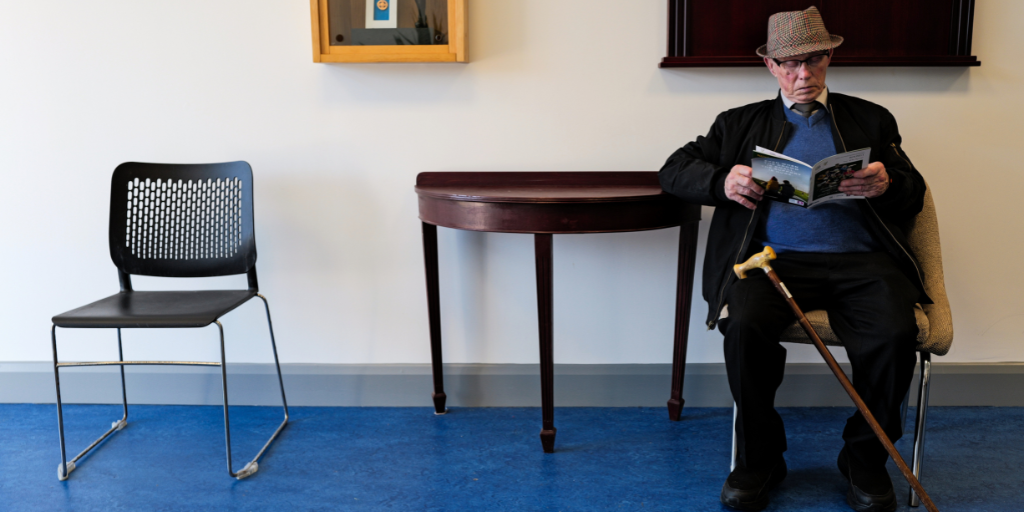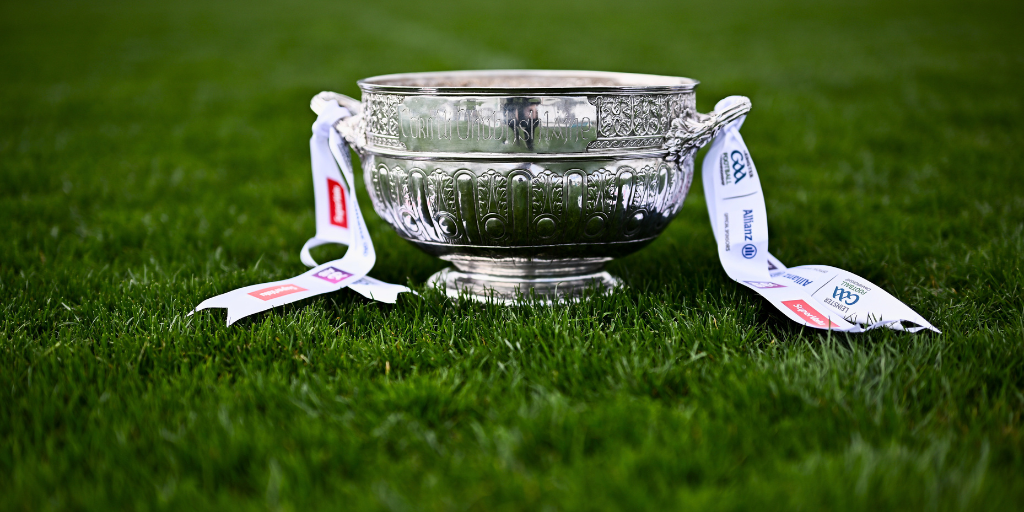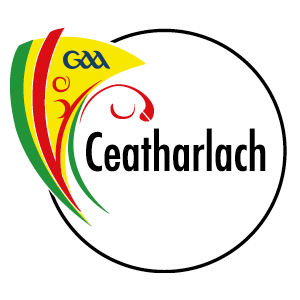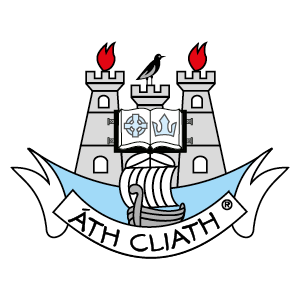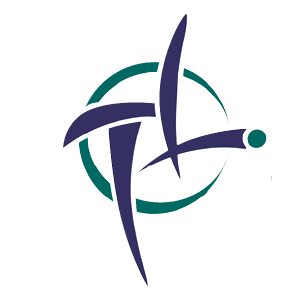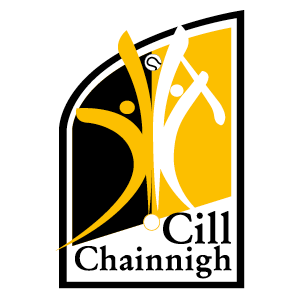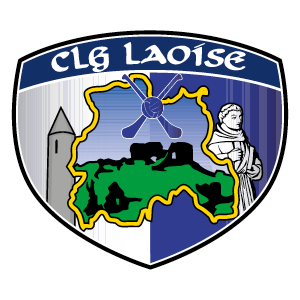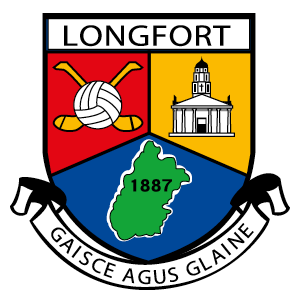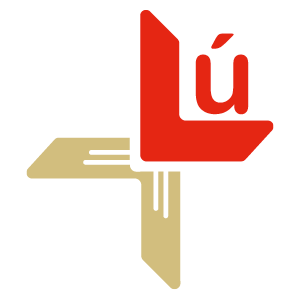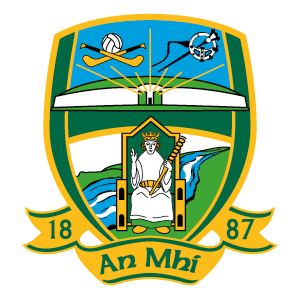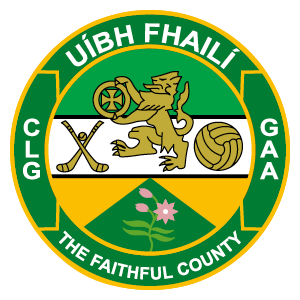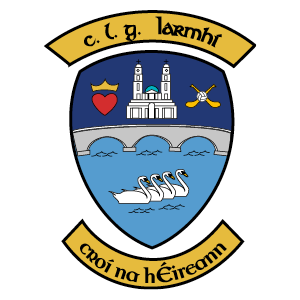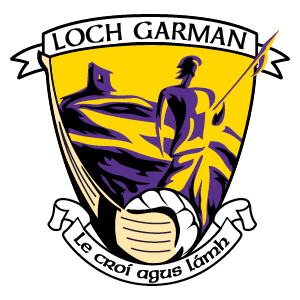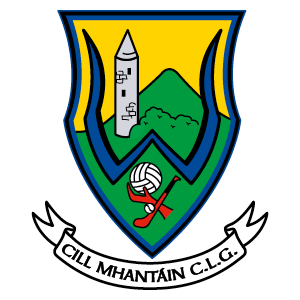GGE European Youth Championships a heart-warming success
The old Irish proverb, Mol an óige agus tiocfaidh sí, praise the young people and they will flourish, was very much in evidence when the GGE European Youth Championships took place in Brussels on Sunday, October 3.
By John Harrington for GAA.ie
The flagship event of GAA underage development in Europe, it featured 130 children from four clubs (Brussels, Den Haag, Frankfurt, and Luxembourg) competing against one another in a festival of Gaelic Games.
Children aging in range from U-6s to mid-teens took part, and the buzz for players, coaches, and parents alike was something really special.
“We had a great turn-out and a great day together,” says tournament organiser and secretary of host club EC Gaelic Club-Brussels, Una Shortall.
“It’s just huge for them to get to play a match against another team. That might sound so basic when you’re in Ireland, but they hardly ever get an opportunity like that over here so it means a lot.
“We had the four seasons on the one day in terms of the weather, but there was no complaints even though we couldn’t have a club-room for them to run into. Because of Covid regulation all we had was a tent we had borrowed from a parish priest where we had sandwiches and the red-cross and that was it.
“But the enthusiasm of everyone was just amazing to see. This year for the first time we had banners and it just created an extra bit of atmosphere. All the kids were just buzzing, absolutely buzzing from it.
“And the skills they learned over the course of the tournament were remarkable. They almost learned more in a couple of days from playing matches than they had in the rest of the season. You could see them growing over the course of the day.”
That growth was ably assisted by Leinster GAA Games Promotion Officer, Jonathan Daniels, who gave his wisdom to both players and coaches alike at the tournament.
On the Saturday he ran a coaching clinic for team mentors, and on Sunday he refereed match after match.
“He was great,” says Shortall. “God, we got some mileage out of him, I can tell you! He never got to sit down. God knows what he made of us, because we’re probably not his usual clientele.
“He really put the coaches and players through their paces, he was flat out. He refereed one match after another and gave the players some brilliant live feedback. He wasn’t just blowing the whistle, he was also explaining what they had done wrong where we might forget to do that.
“He commanded a great authority and was absolutely wonderful. If the GAA could do more for us like that it would be absolutely terrific because it brings on our own coaches so much and really gets them excited for wanting to do refereeing courses themselves and getting more parents involved.
“The support we can from the top down is very meaningful for us.”
The GGE European Youth Championships begun in 2017 with the help of a GAA/DFA grant and has gone from strength to strength ever since despite the considerable logistical challenges faced by the clubs taking part.
“It’s not like going down the road to a nearby club or even going outside your county,” explains Shortall.
“It’s an international travel commitment. That’s what it is. That means it costs money. We literally had people renting buses, taking trains, on planes to get to our tournament.
“It’s easier if you’re an adult, you can just do it. You can hop on a plane and go off and have the craic. But if you’re parent of a six-year-old and an eight-year old, there are a lot of other challenges, but we’re still seeing growth.
“Four years ago I was begging Luxembourg to come and they all came in literally one car. That’s all they had, one car-load. Whereas this year they brought all of their coaches and players with them had had two bus-loads of 30-plus kids. And with every child you have an adult because you can’t just let them off.
“Just to see it grow as much as it has in such a short space of time has been fantastic. One grant, one tournament to go to, one car-load can make a difference.
“One area I think we can still improve on is to provide playing opportunities for our teenagers. All other age-groups at this year’s tournament got two matches, whereas the over 13s had just one.
“That’s because clubs in Europe are struggling to retain teenagers because of a lack of match opportunities. It would be great if we could spark some interest from other clubs in Europe to establish a tournament for our 13-16 year old players.”
For people like Shortall who have made a home away from home on foreign soil, Gaelic Games is more than just a sport.
“For me it’s about exposing the kids to a bit of Irish culture,” she says. “Our kids go to the local Belgian schools, and this is the only place they have an opportunity to speak English or Irish to anyone else.
“It made me so aware that the GAA was the thing we all grew up with. At a European level sometimes I think we forget about it, but it is genuinely about kids. That’s what it’s all about, it’s about community and everything around that.
“For me it was about getting my kids mixing with other Irish kids and showing them how to hurl or solo a football and what these things meant. About 90 per cent of our kids are Irish or half-Irish.
“A couple of years ago we also started to bring the Irish language into it. We taught them the national anthem and exposed them to the Irish language in different ways. We just want them to be proud of their heritage and what better way of doing that through sport.
“A lot of our kids would go back to Ireland during the summer and take part in Cúl Camps there, so it helps them have a real connection to home.
“Our kids are born and bred here, but they’re just as Irish as the kids at home.”
It’s equally true to say that a vibrant GAA club like EC Gaelic Club-Brussels don’t just provide an outlet for sport, they’re very much the social fabric that binds Irish people together who are now living away from these showers.
“It’s a wonderful community, really and truly,” says Shortall. “It goes way beyond the sport. It’s really the strength of the Irish community here in Brussels, I couldn’t speak highly enough about it.”


